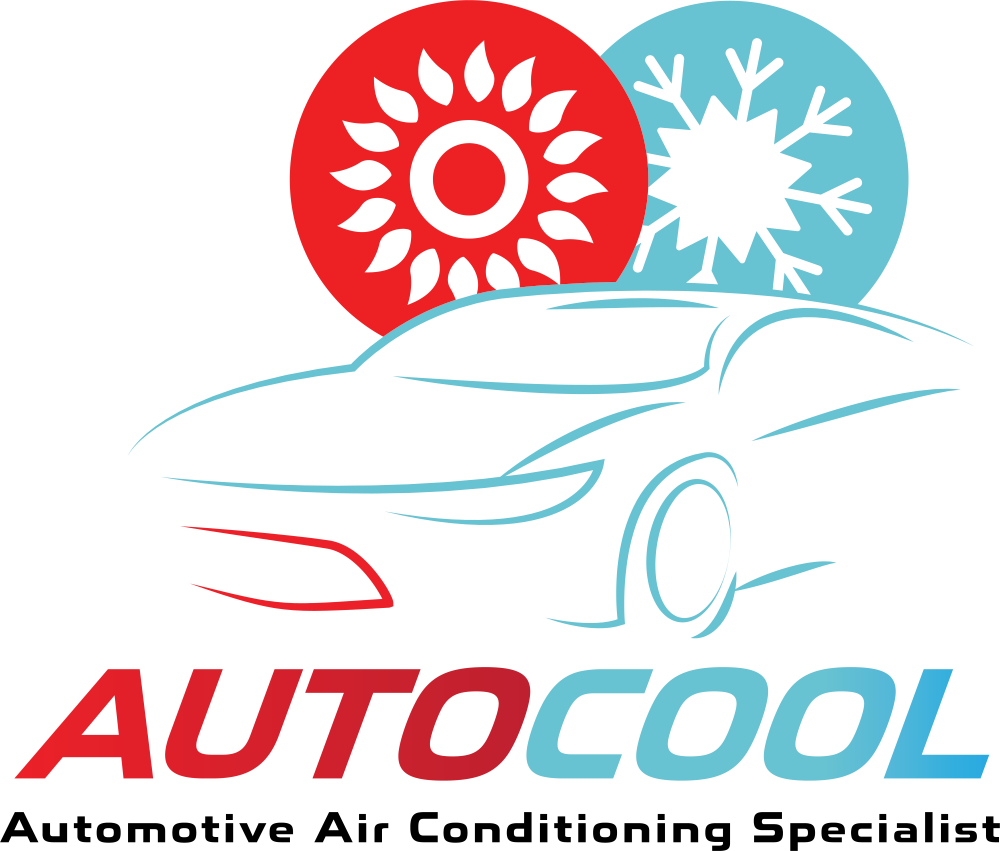For smaller haulage companies, unplanned truck downtime is a significant challenge which if left unmanaged, can cause a real problem. Every hour a vehicle is off the road leads to lost revenue, increased repair costs, and dissatisfied customers. Direct costs such as repairs, towing, or sourcing replacement vehicles are only part of the problem. Indirect costs, like missed deliveries, delays, and reputational damage, often have longer-lasting effects.
For smaller companies, these ripple effects can be difficult to recover from, so it’s essential to minimise downtime whenever possible. Haulage companies operating within tighter budgets need to keep vehicles operational and efficient to maintain crucial productivity and ensure customer satisfaction.
Downtime can be divided into planned and unplanned. Planned downtime happens when vehicles are scheduled for maintenance at convenient times that have minimal impact on operations, allowing businesses to adjust schedules and avoid disruptions.
Unplanned downtime, however, is much more disruptive. It often results from neglected maintenance or sudden, unexpected mechanical failures, leading to missed deliveries, reputational damage, and costly emergency repairs – besides leaving vehicles unproductive while still incurring fixed costs like insurance and depreciation.
So for haulage companies of any size the best way to minimise downtime is through a proactive maintenance programme. Scheduling regular checks for tasks like oil changes, brake inspections, and air conditioning servicing helps identify and fix issues before they can escalate and lead to the breakdowns which disrupt schedules and increase expenses.
In the longer term, preventive maintenance also reduces repair costs and extends vehicle lifespans. For example, proactively maintaining A/C systems through regular regassing and servicing prevents system failures that could disrupt operations while keeping drivers comfortable and focused on the road.
For smaller operators, partnering with a single supplier for air conditioning can simplify operations and helps to reduce stress. Using a single supplier provides consistent quality across the fleet, eliminating the need to find new engineers in an emergency. Choosing a supplier qualified to handle regulated refrigerants like HFCs can also ensure compliance with legal and environmental requirements and regulations, potentially enhancing a company’s reputation for sustainability.
By implementing a preventive maintenance strategy and working with a trusted supplier, smaller haulage companies can significantly reduce downtime, improve efficiency, and focus on delivering exceptional service to their customers. Partnering with a trusted supplier for air conditioning regas, repair, and other aircon services provides consistency, reliability, and peace of mind.
When vehicles stay on the road and out of the repair shop, haulage companies can focus on delivering exceptional service and growing their business.
